Today’s blog is the first of a two-part interview I had the privilege of doing with one of my personal heroes, Nana Visitor.
Among her many acting and performing accomplishments, she portrayed the character of Major Kira Nerys in the legendary series Star Trek: Deep Space Nine, which aired between 1993 and 1999. Those who are familiar with this series appreciate how many boundaries it helped break including the portrayal of women as powerful characters. (Intellectually, emotionally, and physically).
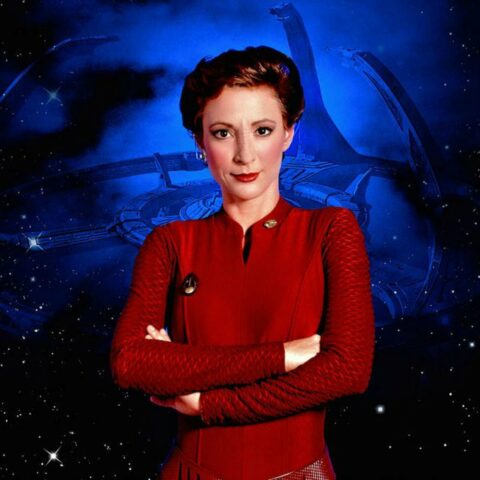
Her Star Trek character has served as inspiration for people all over the world, including in Costa Rica, but the person behind the character is equally interesting and inspirational.
–How are you and your family doing in this COVID-19 era?
-We have spent this time very physically isolated. I suspect I had Covid in its early moments, but that hasn’t changed our vigilance. My husband has Type 1 Diabetes so, although I haven’t hugged the son who lives close by us in almost a year, all I can say is I’m grateful for all the other ways we have found to stay emotionally connected. My older brother got what they call the long hauler’s version of it, and there were a couple of months of doing all I could- cook and leaving him food, supplies and medicine at his front door. Luckily, very slowly, he is recovering.
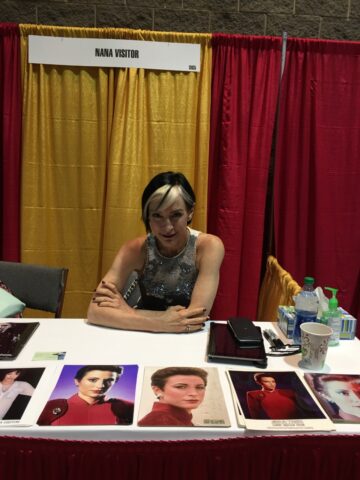
– How challenging is it to juggle family life and life as a public figure?
-It’s definitely hard to raise children and work. No doubt. If I was working, I felt I needed to be with the children. If I was with the children, I felt I needed to be studying my lines for the next day. I could never do enough. I would have them in my trailer and learned to drop my own thoughts and pick up Kira’s between the trailer door and the set. It was exhausting and I overextended myself constantly. I hope things are a little different today for women but, I suspect, not different enough.
In terms of being someone in the public, I decided transparency was the only way to go early on. I never maintained an image or tried to project anything other than exactly who and what I was, so there was no strain. I have always referred to myself as an actor because it’s the verb- it’s what I do, but it doesn’t totally define me. Likewise, I’m a storyteller who messes up, has been through life stuff, and has had love and loss. A human, telling stories.
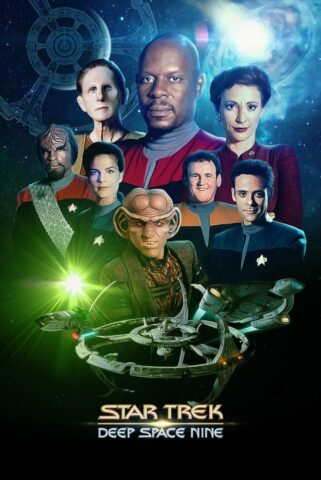
–Your character Kira had multiple challenges to overcome on Deep Space Nine. Did playing Kira for 7 years impact or influence your own decision making in real life when approaching challenges?
-As to the influence of playing Kira – having her thoughts and values dropped in my brain for more than 16 hours a day, 5 days a week, certainly had an effect. As neuroscience tells us, our thoughts create our brain, and my brain and body changed from playing Kira. Her willingness to learn from mistakes, lead with her values, and not have to explain herself to whatever society she found herself in are things I took with me once I left the Paramount lot for the last time.
I think, honestly, my body suffered going through so much of her trauma and added to my own. It led me to educate myself on the brain, and ways of learning how to manage thoughts, emotions, and the biology of our brains to come in and out of character in a safer way. Of course, this has helped me enormously outside of work as well. I so believe this is the science we should teach at school- it’s great to understand the steps of dissecting a frog, but to be able to cultivate, understand and have a certain autonomy over ourselves by understanding some of the latest neuroscience and what psychologists and thinkers have been able to extrapolate from that information- well that’s curriculum I would love to see my future grandchildren being taught.
–Can you please tell us how an asteroid came to be named after you (26733 Nanavistor) and any NASA or space related experiences this has led you to?
-As for the asteroid– I learned about it the way I learn about so many things about the show- through a viewer:) It’s one of those things that I suspect I don’t let all the way into my consciousness -my thinking goes like this- “ oh this scientist must find some importance in Star Trek- that’s great.”
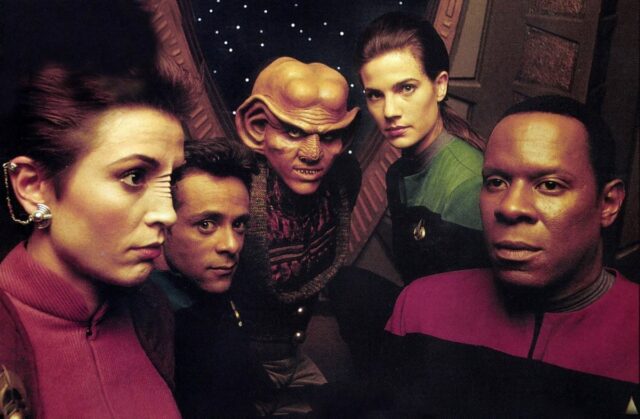
I recall a man around his forties in line at a convention near DC who, when he finally got to the front, had a computer that he wanted to show me something on. That happens frequently, people want to show me their art, or a game they are developing. He said “that’s Mars” and I thought his CGI work was immaculate- he was landing a vehicle on the surface. I said that looks so real. He said “No, it is. That’s Mars.” Obviously, he worked at NASA. And they are all rock stars to me. I visited JPL a couple of years ago and they so generously gave me a fascinating tour- what an eclectic, brilliant group of people they are.
–How has your career as a singer and dancer had an impact on your acting career?
-I think the most important thing coming from the stage gave me was enormous discipline. It’s a very elite club of people who have gotten to perform on Broadway, and you are never allowed to forget that. Standards are high, and people can be treated cruelly, especially back in the day, so one had to learn to have a strong will that couldn’t be easily broken. The discipline I took with me can have a dark side, however. I had spine surgery a few years back and my nurse got in trouble with my doctor. When she asked me about my pain level right after surgery, I didn’t know how to feel my body correctly, gave her a low pain score which caused her to give me a low dose of morphine. My blood pressure skyrocketed from the pain. And that’s how they medicated me once they discovered I couldn’t help them: they wouldn’t ask me the scale question, they measured my blood pressure. When it was low, I got a small dose, high, a high dose. I finished a dance performance once with broken ribs by ignoring my body’s message system entirely. The show must go on mentality carried to craziness.
–Books: FLOW, WHEREVER YOU GO THERE YOU ARE, FULL CATASTROPHE LIVING, BUDDHA’S BRAIN, THE UPSIDE OF STRESS, STEALING FIRE, and David Sedaris essays in between.
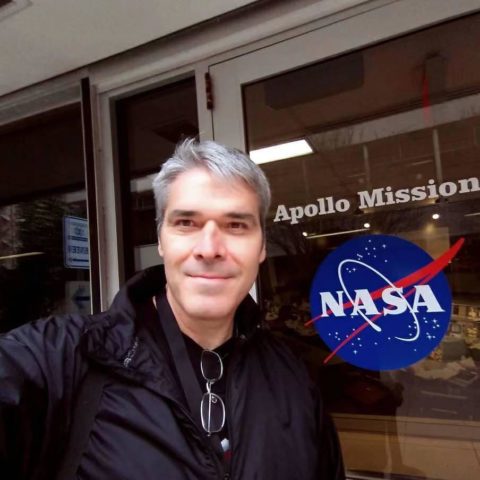
Bruce Callow is a Canadian teacher and co-author of the book To the Stars: Costa Rica in NASA. He does space education outreach work on behalf of NASA.

